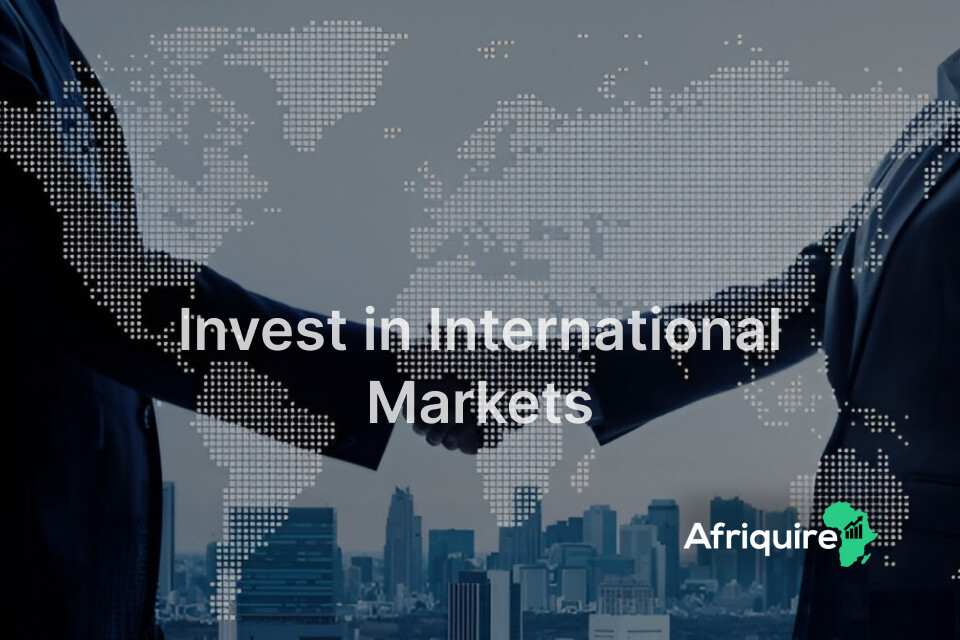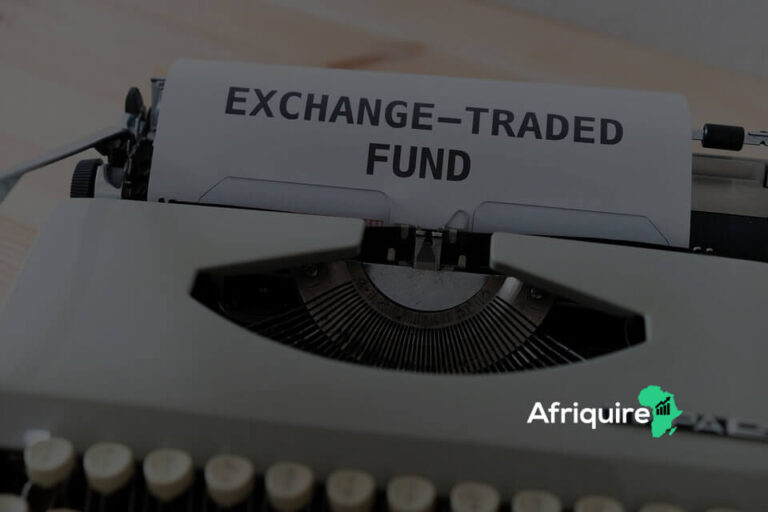- Introduction
- Understanding International Market Investments
- Using African Brokers to Access International Markets
- International Platforms Accessible from Africa
- Practical Steps to Start Investing Internationally
- Hedging Local Risks Through Global Diversification
- Frequently Asked Questions (FAQs)
- Conclusion
Introduction
Learning how to invest in international markets from Africa is becoming very important for people who want to grow their money, prepare for the future, and take part in global opportunities. Many Africans now understand that putting money only in local investments can be too limited.
So, looking beyond the local market is a smart step because sometimes the best rewards are waiting outside. In fact, more young people are even asking how to work with venture capitalists or how to set up a venture capital deal, as they plan to make their money travel farther.
Why Africans are Looking Beyond Local Markets
To begin with, local markets can sometimes feel too small or too unstable. Investors in Africa often face problems like sudden government policy changes, weak currencies, and limited investment choices. But thanks to technology, many Africans now use online platforms, international brokers, and global news to reach opportunities outside the continent. And very often, international markets give either safer options or higher returns. Therefore, Africans who want to reduce risk are now spreading their money into different countries and sectors.
By investing abroad, Africans can also join the global startup community, meet venture capitalists, and learn from experts who share advice, mentorship, and even new technology. This experience does not only build wealth but also helps them bring back strong ideas that improve their home countries.
Overview of Opportunities in International Investing
There are so many ways to invest globally. Africans can buy shares in foreign companies, own property overseas, join international mutual funds, or even support startups abroad. With mobile apps, online trading platforms, and virtual global events, it is easier than ever to connect with international markets. Other options include stocks, bonds, ETFs, commodities, and property. Many Africans also join investment clubs, hire global advisors, or use crowdfunding to spread their money across borders.
In addition, key sectors like renewable energy, technology, healthcare, and agriculture are very attractive. These sectors are known for long-term growth and strong profits. By learning how to work with venture capital and using digital platforms, Africans can manage international investments wisely and build global wealth. Truly, the world is one big marketplace, and with the right knowledge and discipline, African investors can succeed anywhere
Understanding International Market Investments
Investing in international markets can open many doors for African investors. If you are thinking about how to invest in the US or European markets while living in Africa, then you are already thinking in a smart way. The key is to take careful steps and make informed decisions.
What It Means to Invest in US and European Stocks
When you invest in US or European stocks, you are buying shares in some of the biggest companies in the world, like Apple, Tesla, or Siemens. Even though you live in Africa, you can do this through online trading platforms, mobile apps, or local brokers that work with foreign markets. Many global brokers now allow Africans to open accounts easily, so you can buy, hold, and sell these shares.
Another simple way is through exchange-traded funds (ETFs) or mutual funds that already include US and European stocks. This saves you the stress of picking single companies. However, to start, you will need to provide documents for identification and complete account activation. After that, you can also access reports and expert advice, which makes global investing less confusing for beginners.
Benefits of Global Diversification for African Investors
One major benefit of investing internationally is diversification. This means spreading your money across different countries so that you reduce your risks. For example, if the Nigerian Stock Exchange is not doing well but US stocks are rising, your international shares can still bring profit.
Diversification also gives you access to industries like technology, healthcare, and entertainment that are not always strong in African markets. In addition, investing abroad exposes you to stable economies and strong currencies, which can protect your savings from problems like inflation or local market shocks. Using ETFs or mutual funds also makes it easier to follow foreign rules and manage tax issues.
Risks to Consider when Investing Abroad
Even though international investing looks attractive, there are also risks you should not ignore. For example, currency risk is very common, since exchange rates change quickly and may reduce your gains.
Also, foreign rules, taxes, and fees can be different from what you know at home. Political changes or sudden crises in another country may also reduce stock prices.
Finally, be careful about the brokers you use. Always research well and check if they are trustworthy before sending money. Building relationships with reliable managers and learning about global transactions can help you avoid costly mistakes.
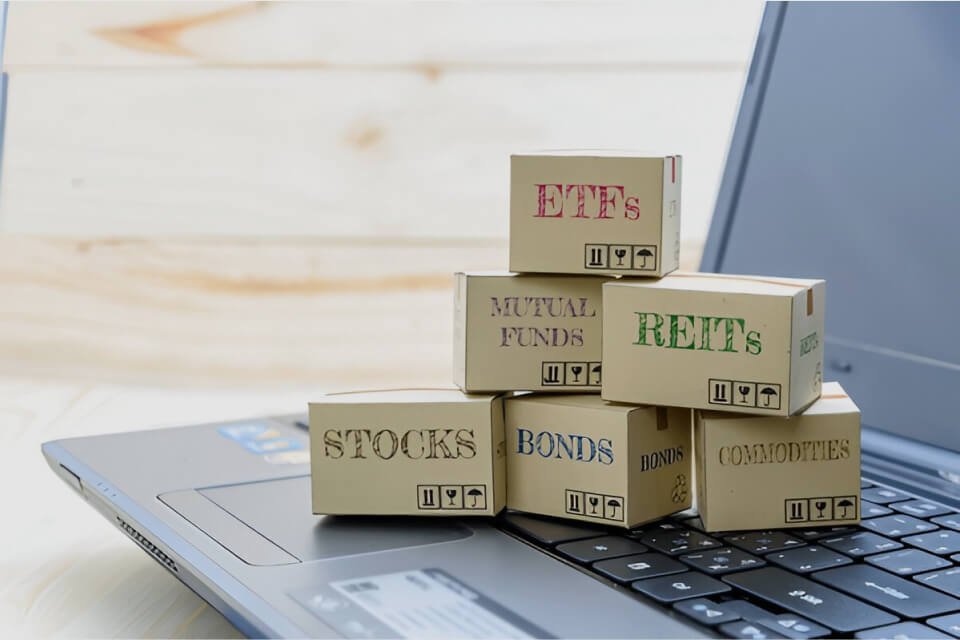
Using African Brokers to Access International Markets
Have you ever wondered how you can invest in companies like Apple or BMW while living in Africa? Well, one of the easiest ways is by using African brokers. These are local banks or licensed trading companies that allow you to buy foreign stocks and reach global markets – all without leaving your home.
Local brokers offering access to foreign stocks
Today, many African brokers and banks like Standard Bank, ABSA, and SA Stock Brokers Capital already give investors access to international markets. For example, Standard Bank’s Webtrader and ABSA’s share trading platform allow you to buy and sell shares listed in the United States, United Kingdom, and European Union.
In the same way, brokers such as Interactive Brokers, BlackBull Markets, and IFX Brokers make it possible to trade in global markets from countries like South Africa, Nigeria, and Kenya. Through them, you can invest in well-known companies, global indices, and even commodities like gold and oil.
Advantages of using licensed African intermediaries
Now, let’s look at the benefits.
First, when you use a licensed local broker, you get professional support and guidance made for African investors. They usually make account opening easy and give you online platforms to trade and manage your money.
In addition, they help you with funding transfers and follow African financial regulations, which makes your investment safer.
Many also provide research, educational tools, and customer service to guide beginners. Because of this, using licensed intermediaries can make investing less stressful and more secure.
Challenges such as fees and limited options
But, there are also challenges you should know.
First, you should note that some African brokers charge higher trading fees and commissions, sometimes around 0.5 to 0.7 percent on trades. Over time, these fees can reduce your profits.
Also, the selection of foreign stocks may be small, often focusing only on big companies or popular indices. Smaller or less-known shares may not be available.
Moreover, you might face slower account opening, more paperwork, or currency restrictions.
This is why it is important to research before choosing a broker. Always compare their fees, check customer reviews, and confirm they are regulated.
International Platforms Accessible from Africa
Learning how to invest in international markets from Africa is now easier than before. Many global apps and brokers welcome African investors and give them the chance to buy shares, ETFs, and even trade in global markets.
Global Apps and Brokers that Allow African Sign-ups
Today, there are many trusted platforms that Africans can use to invest outside their home countries. Some of the most popular ones are eToro, Interactive Brokers, IG Markets, EasyEquities, and Pepperstone. These give access to big markets like the US, UK, Europe, and Asia.
In addition, many people also use Plus500 or Swissquote, which are very user-friendly. What makes them even better is that some of these platforms provide demo accounts and free lessons. So, if you are a beginner, you can practise without risking your money first.
Requirements such as KYC and Funding Accounts
Before you can start trading, you must meet some requirements.
First, most platforms ask you to complete KYC (Know Your Customer). This means you must submit your ID, proof of address, and sometimes a selfie. It is to protect your account and follow legal rules.
After that, you need to fund your account, which you can do with a debit or credit card or through a bank transfer. Some brokers allow you to start with very little money, while others may ask for about $100 to $250.
Therefore, it is important to check carefully. Also, always confirm that your broker is regulated and legal in your country. This will keep your money safe.
Comparing Features, Accessibility, and Costs
Not all platforms are the same, so you must compare them before choosing. For example, eToro and IG Markets are great for beginners because they are simple to use and provide many guides.
On the other hand, Interactive Brokers and Saxo Bank are best for serious investors who want very low fees and more tools. If you want to buy fractional shares in global companies, EasyEquities and Momentum Securities are very good.
Furthermore, always check the fees, like transaction charges, withdrawal costs, and account maintenance. Choose one that is transparent and has no hidden costs.
Accessibility also matters, so pick a broker with a good mobile app and customer support. Many platforms also provide market news, tutorials, and virtual trading so you can build your confidence step by step.
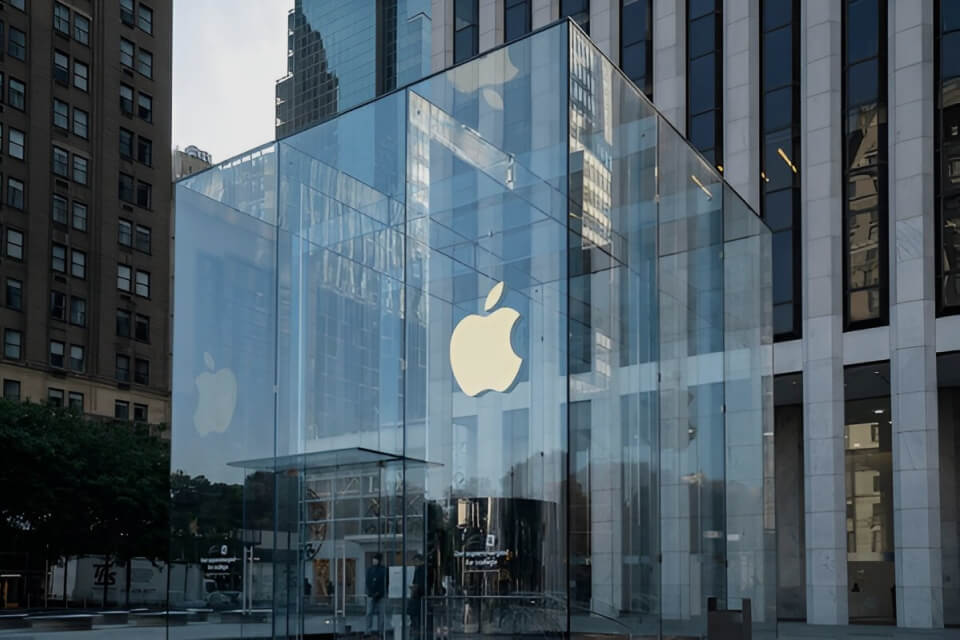
Practical Steps to Start Investing Internationally
Learning how to invest in international markets can open new doors for Africans who want to grow their money and build their future. At first, it might sound difficult, but if you take small steps and do proper research, it becomes easier. Let’s break it down so you can understand how to begin.
Researching Platforms and Understanding Regulations
The very first step is to research online platforms that allow Africans to invest in global markets. Some popular ones are Interactive Brokers, eToro, and also African fintechs that give global access. But remember, always check if the platform is safe, regulated, and open to your country.
Each country has different rules about international investing. For example, some governments allow you to send money abroad freely, while others set limits. You also need to know what documents are required and if profits must be reported to the tax office. Taking time to learn these rules will protect you from problems later. Asking questions, reading beginner guides, and comparing platforms will help you start strong and safe.
Funding Accounts through Banks, Cards, or Fintech wallets
After choosing your platform, the next move is to fund your account. Most platforms accept money through banks, debit or credit cards, and fintech wallets like Flutterwave or Paystack. But you must check which method gives you good exchange rates and low charges. Always send money you can afford to invest. Do not risk too much at once. Also, check if your bank or country has limits on foreign transfers. Careful planning will make the funding smooth and stress-free.
Starting with Small Amounts to Build Confidence
When you begin investing, it is wise to start small. Many global platforms allow you to invest as little as ten US dollars. By starting with small amounts, you can practise, manage risk, and learn without losing much.
As you gain more experience, you can slowly increase how much you invest. Watching your money grow, even if little, will build your confidence.
Every small success is worth celebrating because investing is a journey, not a race. Later, if you want to grow bigger, you can even learn how venture capital works and how investors support African startups.
Hedging Local Risks Through Global Diversification
Learning how to invest outside your country can help African investors reduce local problems and build a stronger financial future. By spreading money across global assets, investors can protect themselves from currency swings, inflation, and market shocks at home. Now, let’s see how global diversification helps with these challenges.
Reducing Exposure to Currency Fluctuations and Inflation
In many African countries, the value of money changes often and prices rise quickly. For example, when the naira or rand falls in value, imported goods become more expensive, and local investments lose worth in foreign markets. But, if you invest in international assets, like global stocks, bonds, or real estate, you can protect your money. Many smart investors keep part of their wealth in stronger currencies such as dollars, euros, or yen. This way, they avoid keeping all their eggs in one basket. Even better, when local currencies fall, foreign investments may increase in value, creating a balance and keeping the overall portfolio more stable.
However, managing risk is only one step. It is also important to combine it with proper research and wise selection of global assets.
Balancing Local Investments with Global Assets
A good portfolio is not made of only local stocks and bonds; mixing international assets is very important. For example, you can combine African shares (like those in Nigeria or Kenya) with international stocks, ETFs, or mutual funds from the US, Europe, or Asia. This mix brings more stability and growth. If one region loses, another region may gain, and that keeps your portfolio balanced.
In addition, global brokers, online platforms, and partnerships make it easier to access offshore markets today. Still, successful investors always do research, consult experts, and follow both local and international rules before making any investment moves.
As a result, balancing investments is not just about short-term wins, it prepares you for long-term success.
Long-term Benefits of a Diversified Portfolio
Diversification is very powerful for the future. While African markets may rise and fall, international investments can bring steady growth, reduced risk, and peace of mind. With a global approach, you can enjoy profits from different industries, currencies, and economies.
Over time, diversified portfolios usually show stronger returns, fewer losses, and better stability during hard times.
Furthermore, they open doors to new industries, green projects, and even opportunities to connect with global investors and venture capital.
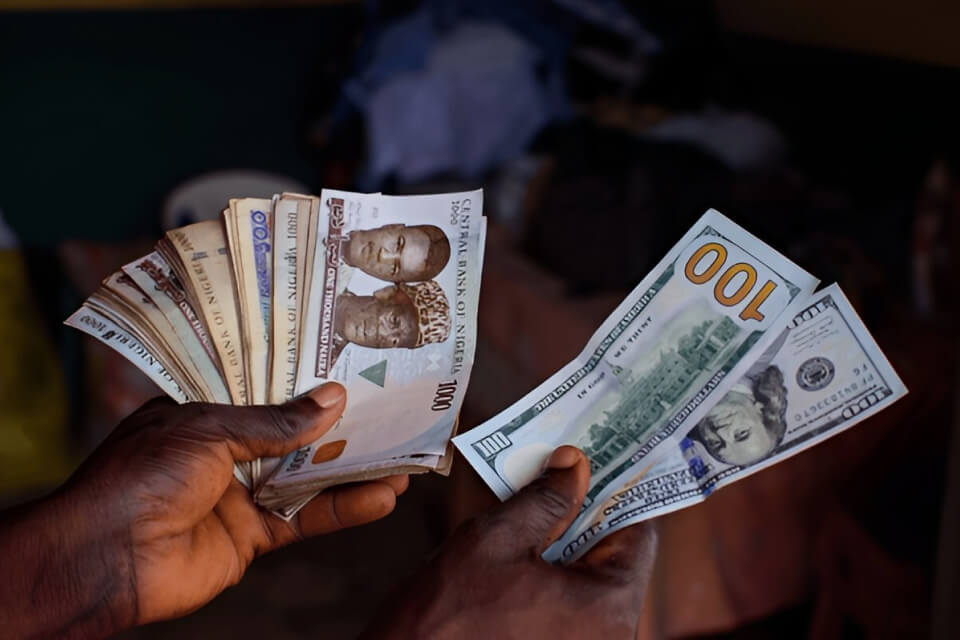
Frequently Asked Questions (FAQs)
1. What is the easiest way to invest in international markets from Africa?
The easiest way is through online trading platforms, foreign brokerage accounts, or buying international ETFs and mutual funds that allow African investors.
2. Are there legal restrictions to investing internationally from Africa?
Yes, some countries limit the amount of money that can be taken out or have rules governing currency exchange. Always check your country’s laws and use only approved platforms.
3. Can African investors buy shares directly in US or UK companies?
Yes, it’s possible if you open an account with an international broker that accepts Africans. But you may need to provide documents.
4. What are the risks for Africans investing in foreign markets?
The main risks are currency changes, different tax rules, regulations, and market ups and downs. Always research and get advice before investing.
5. Where can I learn more about international investing?
You can learn from banks, investment firms, online courses, and financial associations. Many of them also guide beginners step by step.
Conclusion
In summary, by learning how to invest in international markets from Africa, Africans can now join the world’s biggest markets in many ways. From opening accounts abroad to working with global partners or even expanding African businesses overseas, the options are wide. However, every choice comes with conditions, risks, and benefits. This is why education, guidance, and respect for the rules are so important. By using smart strategies and responsible steps, Africans can build stronger financial futures and place the continent firmly in global trade.
The chances are there—the key is to invest with wisdom and confidence.
Summary of Ways Africans Can Access International Markets
Africans now have more doors open to invest globally.
First, partnering with local firms that link with global networks creates cross-border opportunities.
Also, online brokers make it possible to buy shares, bonds, and funds on exchanges in London, New York, and more. Bigger businesses can go through Foreign Direct Investment, either by buying companies abroad or setting up new ones.
In addition, reforms in African capital markets now make it easier to open accounts and move money safely. This includes better protections and systems for stock trading. Investors can also join international IPOs and buy ETFs to spread their risks while enjoying exposure to global industries.
But above all, education, advice, and careful checks remain key to wise decisions and avoiding mistakes.
Encouragement to Explore Global Investing Responsibly
International investing brings plenty of opportunities, but one must be careful. Always choose trusted sources, talk with financial advisers, and understand the risks and laws. When you plan well and keep learning, you give yourself the chance to grow wealth and build global connections. The world is open—why not prepare wisely and take your chance?
